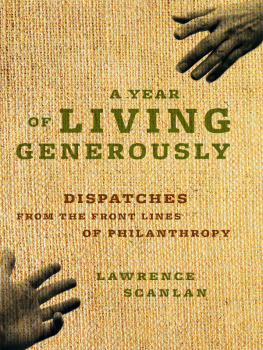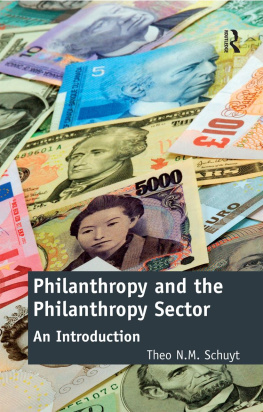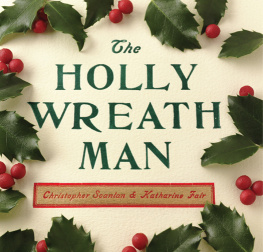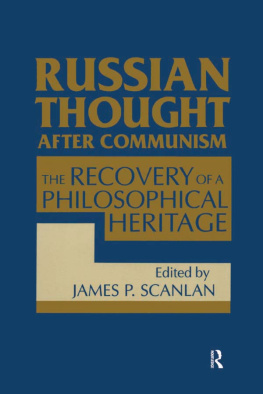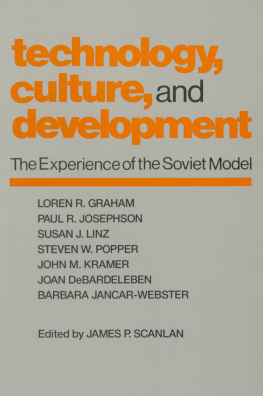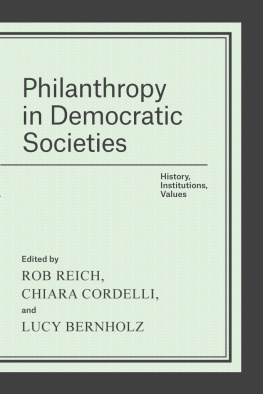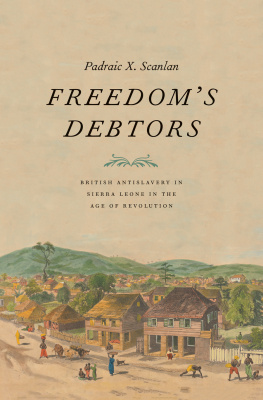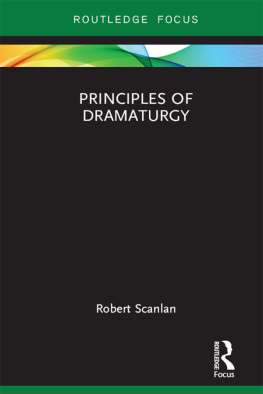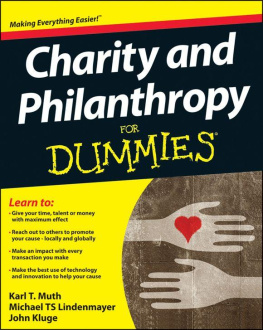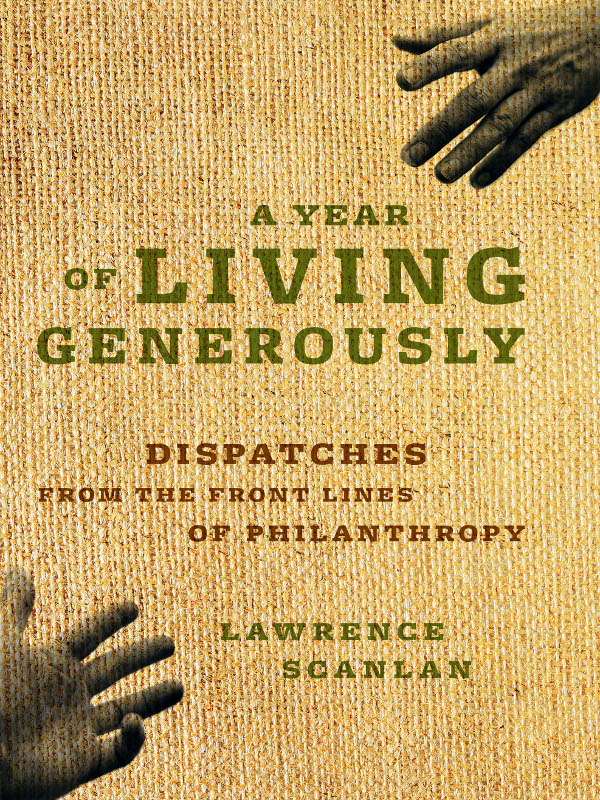
ALSO BY LAWRENCE SCANLAN:
NONFICTION
The Big Red Horse
The Horse God Built: Secretariat, His Groom,
Their Legacy
Harvest of a Quiet Eye: The Cabin as Sanctuary
Grace Under Fire: The State of Our Sweet and Savage Game
Little Horse of Iron: A Quest for the Canadian Horse
Wild About Horses: Our Timeless Passion for the Horse
Horses Forever
Heading Home: On Starting a New Life in a Country Place
Big Ben
FICTION
The Horses Shadow
CO-AUTHORED
Healed by Horses: The Carole Fletcher Story
The Man Who Listens to Horses [with Monty Roberts]
Riding High: Ian Millars World of Show Jumping
DISPATCHES
FROM THE FRONT LINES
OF PHILANTHROPY
LAWRENCE
SCANLAN
A YEAR OF
LIVING
GENEROUSLY

Douglas & McIntyre
D&M PUBLISHERS INC.
Vancouver/Toronto
Copyright 2010 by Lawrence Scanlan
10 11 12 13 14 5 4 3 2 1
All rights reserved. No part of this book may be reproduced, stored in a retrieval system or transmitted, in any form or by any means, without the prior written consent of the publisher or a licence from The Canadian Copyright Licensing Agency (Access Copyright). For a copyright licence, visit www.accesscopyright.ca or call toll free to 1-800-893-5777.
Douglas & McIntyre
An imprint of D&M Publishers Inc.
2323 Quebec Street, Suite 201, Vancouver, BC, Canada V5T 4S7
www.douglas-mcintyre.com
Cataloguing data available from Library and Archives Canada
ISBN 978-1-55365-416-2 (cloth)
ISBN 978-1-55365-617-3 (ebook)
Editing by Jan Walter
Jacket design by Heather Pringle
Text design by Jessica Sullivan
Jacket illustration Ric Kallaher/Corbis (hands),
Seide Preis/Getty Images (burlap)
Printed and bound in Canada by Friesens
Printed on acid-free, FSC-certified, 100% post-consumer paper
We gratefully acknowledge the financial support of the Canada Council for the Arts, the British Columbia Arts Council, the Province of British Columbia through the Book Publishing Tax Credit, and the Government of Canada through the Canada Book Fund for our publishing activities.

For Dusty Rose Scanlan
(March 11, 1996June 4, 2009)
The best way to find yourself is to
lose yourself in the service of others.
MAHATMA GANDHI (18691948),
humanitarian, spiritual leader, author
An imbalance between rich and poor is the
oldest and most fatal ailment of all republics.
PLUTARCH (circa 46120),
Greek historian, biographer, philosopher
The good we secure for ourselves is precarious
and uncertain until it is secured for all of us
and incorporated into our common life.
JANE ADDAMS (18601935), American civil
rights activist, Nobel Peace Prize laureate, 1931
CONTENTS
MY INTEREST in philanthropy as a phenomenon was fuelled by the death of my mother six years ago and our familys debates about ways to honour her memory. The five sons and three daughters of Clare Scanlan decided, in the end, to fund a nursing scholarship in her name at the University of Toronto (my mother had worked all her life as a pediatric and geriatric nurse). The experience triggered thoughts about my own mortality, of course, and about legacythe mark we make in this world.
Toronto financier Lawrence S. Bloomberg later upped our ante. He gave $10 million to the same school of nursing, now named after him. His largesse was typical of an unmistakable trend: individual generosity on a fantastic scale. The Bill and Melinda Gates Foundation, for example, has emerged as the most powerful charitable foundation ever seen. With a $29-billion war chest (and that was before Warren Buffett tossed in another $37 billion), it has set breathtaking goals, among them the defeat of malaria throughout the developing world. The annual budget of the World Health Organization, at under $5 billion, looks puny by comparison.
A charity Olympics has been underway for many years, and the numbers are dizzying. Seldom, as was often the case in the past, is it a matter of one person writing a fat cheque and being done with it. Instead, there is a high personal stake in these philanthropic exercises. Bill Gates is typical of the new breed of social entrepreneur: a rich benefactor who wholeheartedly embraces a chosen cause and works on its behalf.
The role demands hands-on involvement, knowledge of the issue and a focus on solutions, including travel to far-flung places to observe first-hand how the money is making a difference. Such zealousness is without precedent, and it isnt just the wealthy who are enlisting.
Helping others has become fashionable. The Nobel Peace Prize of 2006 went to philanthropist Muhammad Yunus, a Bangladeshi economist who, three decades ago, launched the revolutionary idea of the Grameen Bank and micro-credit loans to destitute people.
Steve Nash, Canadas own and the National Basketball Associations Most Valuable Player in 2005 and 2006, created his own foundation and built in his wifes native Paraguay a pediatric cardiology ward. On retirement, he intends to become a full-time philanthropist working on similar projects.
Jeff Skoll, the Montreal-born billionaire and first president of eBay, formed the Skoll Centre for Social Entrepreneurship at Oxford University in 2003 to teach and celebrate his philosophy that strategic investments in the right people can lead to lasting social change. Movie stars and rock stars have their pet charities, and former U.S. president Bill Clinton seems to have put a sordid incident from his past behind him, largely through his clout as an energized AIDS campaigner.
Today the word philanthropist frequently pops up in obituary headlines. Many of the deceased, no matter their means, age or gender, were apparently notable for their benevolent acts. Philanthropy has come to be widely and almost exclusively understood as a word to describe the notion of prosperous people giving away their wealth, typically near the end of their lives. But I was interested in its original meaningfrom the Greek word philanthropia, meaning love for humankind. With that definition in mind, I began to catalogue varieties of kindness, large and small, and gifts of time or money, even of spare body organs. It struck me that as much as greed seems to characterize our age, there is also a powerful impulse at work the other way, towards giving.
I could have used any number of words to describe these acts: benevolence, generosity, humanitarianism, public-spiritedness, altruism, social conscience, charity, brotherly love, magnanimity, munificence, largesse, bountifulness, beneficence, unselfishness, humanity, kind-heartedness or compassion. The grander goal of social justice belonged somewhere on that list, as did the humble notion of sharing.
Benevolence is as old as humankind: think of the Good Samaritan in the Bible, the rule of obligatory giving, or Zakah, that is one of the five pillars of Islam, and the tzedakah, or call to charity, from Judaism. The ancient Romans had their panem et circenses (bread and circus programs for the poor). And the Latin phrase pro bono (short for pro bono publico, for the public good) has widely come to mean any sort of freely offered public service, especially by professionals.
Next page
